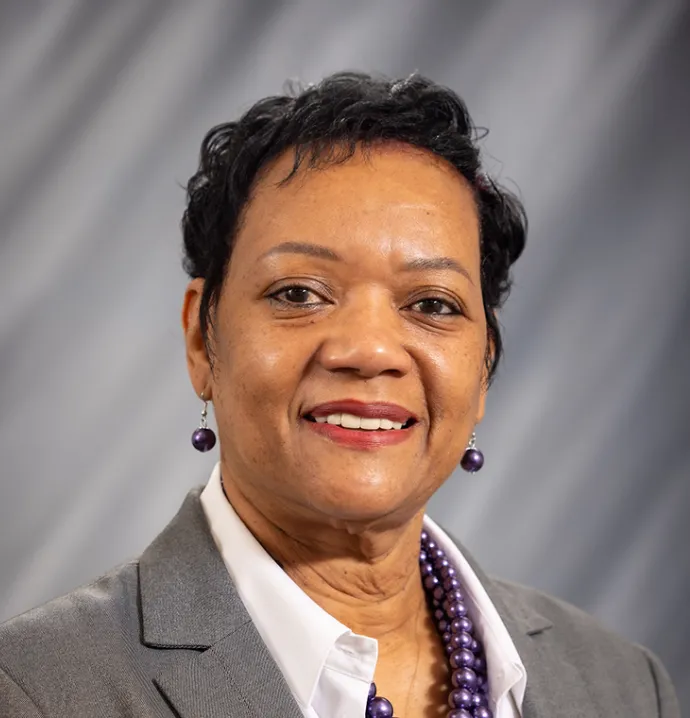UNI College of Education receives grant to address educator needs in Iowa school districts
UNI College of Education receives grant to address educator needs in Iowa school districts
University of Northern Iowa’s College of Education was awarded a nearly $65,000 grant earlier this year to build stronger partnerships with select Iowa school districts, assess their immediate workforce needs and better offer support in the future.
Department of Teaching Head Lyn Countryman said the college received the grant from New America—a think tank organization that focuses on a range of public policy issues, including national security studies, technology, health and education. The grant aims to support future educators by creating more accessible pathways for local candidates who aspire to teach in their own communities.
Efforts led by Dean Colleen Mulholland and Curriculum and Instruction Department Head Robin Dada helped secure the grant, while Countryman will serve as the principal investigator coordinating its implementation through 2022.
Grow-your-own (GYO) teacher programs were designed to recruit and train teachers from within their own communities with the goal of addressing teacher shortages and diversifying the educator workforce. These programs are typically offered as alternative pathway programs, in which candidates work as teachers as they earn their teaching credentials, and teacher candidates often include paraprofessionals or teachers with limited teaching certificates.
The grant, Countryman said, will enable UNI to partner with small, rural school districts across the state—such as Charles City, Storm Lake, Marshalltown and South Tama—as well as some larger districts that have a higher percentage of English language learners—like those in the Des Moines metro area—and conduct comprehensive needs assessments to determine current workforce shortages, as well as the need for special education and TESOL (teaching English to speakers of other languages) educators.
“I am ecstatic the College of Education received this New America Grow Your Own Grant, and that I get to be a part of this research,” Countryman said. “Receiving this grant is a reflection of UNI’s commitment to growing and diversifying Iowa’s teacher workforce. We are committed to removing barriers for those who want to become educators, and we believe one of the most effective ways to address teacher shortages and increase educator diversity is to start within our local communities.”
The grant, Countryman said, will provide the needed resources to engage with the selected school districts through surveys and focus groups, while allowing UNI to build key partnerships with districts across the state. Through those focus groups, she added, UNI will go to the districts to learn more of their definition of GYO programs, their specific needs for teachers and how they envision partnering with UNI in the future to create GYO programs in their districts.
“We want to be at the table together to align our visions around how to encourage more people to choose a career in education,” Countryman said.”
The Iowa Department of Education has identified 21 subject areas that are experiencing shortages in the state, and these subject areas encompass roughly 45 teacher licensure areas, including the needs for special education teachers as well as educators in math, business, science, music and early childhood education.
“This grant will help us to determine the needs of schools in Iowa when it comes to educator shortages, and hopefully enable us to develop strategies to better address those needs,” Countryman said.
Countryman notes this grant builds off a current effort to provide a pathway to teaching for paraeducators in the Waterloo Community School District (WCSD) which is supported by the district, the Waterloo Schools Foundation, the UNI College of Education and the R.J. McElroy Trust. This program has prepared three graduates since launching in summer 2018, with an additional eight-member cohort nearing its final year and a third cohort of 12 fellows coming in the future. Upon licensure, WCSD and the teachers-to-be commit to a three-year employment agreement.
“It takes collaborative partnerships like the ones we have with the Waterloo school district, as well as many community colleges, to address districts’ needs and better support the state’s future educators and the programs that train them,” Countryman said.
Contact:
Steve Schmadeke, UNI public relations manager, 319-273-6120, steve.schmadeke@uni.edu.




